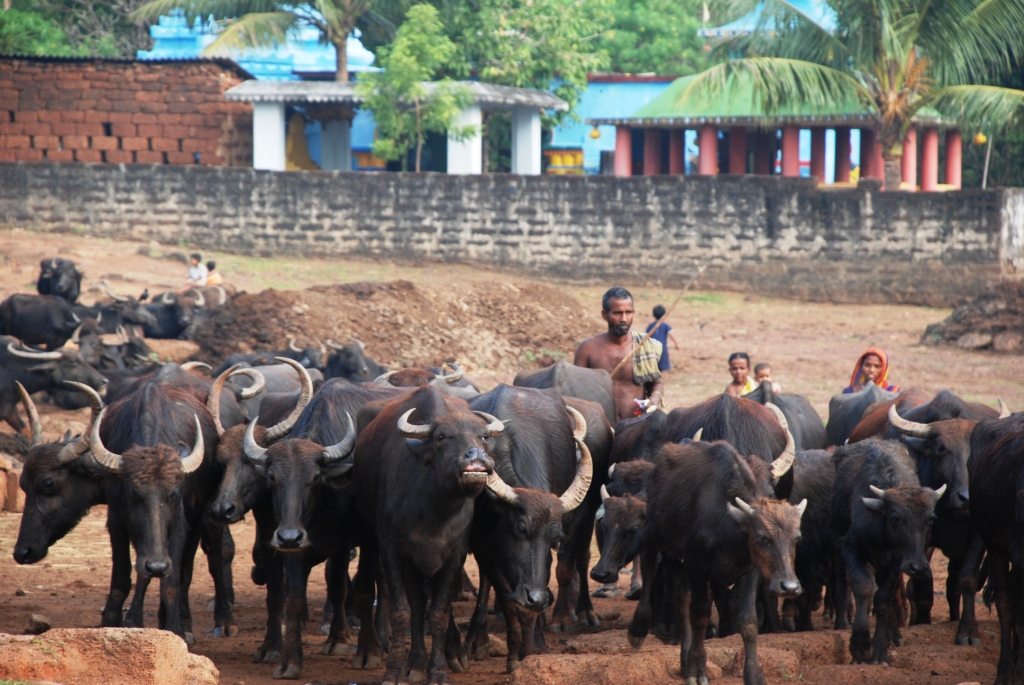The sustainability of the global livestock sector is a huge and controversial issue. The world’s burgeoning farm animal populations are held responsible for climate change, biodiversity loss, desertification, pollution of waterways, soil, and air – first comprehensively examined in the FAO’s publication Livestock’s Long Shadow. Ever since, the search for ‘livestock sustainability’ has been on, although mostly focusing just on one aspect: reducing methane emissions.
But livestock is not per se bad for the environment – it can also be positive, and support biodiversity, increase carbon sequestration and prevent desertification.
Herding is basically solar powered – no fossil fuels are used to grow, harvest and transport feed, to climatize housing, to power agricultural machinery.
Herding conserves plant and ecosystem biodiversity, even nurtures it
Pastoralism does not create manure overload but disperses organic fertilizer
Pastoralism is high in animal welfare as animals are kept in herds and move
Pastoralism is the most efficient means of producing animal protein
Pastoralism sustainably manages domestic animal breeds
